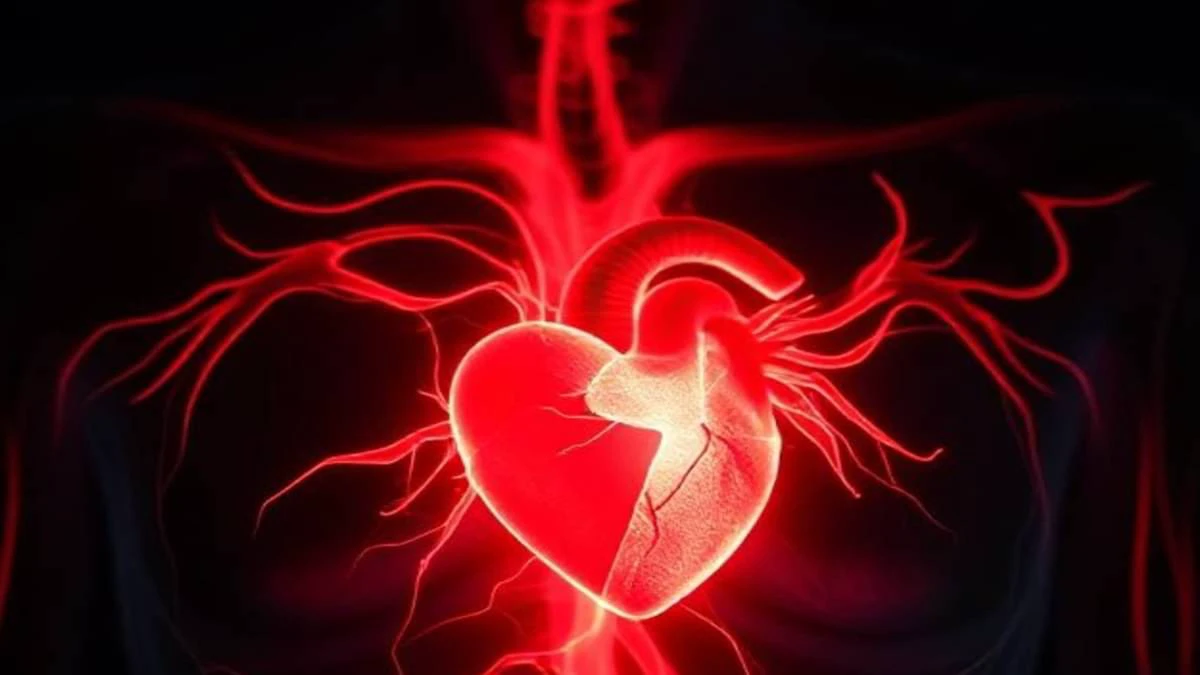Sudden cardiac arrest (SCA) in young individuals without known health conditions is an alarming phenomenon that has garnered increasing attention from medical researchers.
While traditionally associated with older adults and those with pre-existing heart conditions, recent studies, including one from the National Institutes of Health (NIH), highlight risk factors contributing to these unexpected and tragic events in healthy young people.
Why Sudden Cardiac Arrest
SCA is a life-threatening emergency where the heart suddenly stops beating due to an electrical malfunction, causing the affected person to collapse and lose consciousness. Without immediate medical intervention, including cardiopulmonary resuscitation (CPR) and defibrillation, SCA can result in death within minutes.
Findings From NIH Research
A study published by the NIH examined multiple cases of young individuals experiencing SCA and found that certain underlying and often undiagnosed factors may increase the risk. These include:
Genetic Heart Conditions: Conditions such as hypertrophic cardiomyopathy (HCM), long QT syndrome, and arrhythmogenic right ventricular dysplasia (ARVD) can cause abnormal heart rhythms, leading to SCA. Many of these disorders are hereditary and may remain undetected without genetic screening or specialized cardiac testing.
Myocarditis: This inflammation of the heart muscle, often triggered by viral infections, has been identified as a potential cause of SCA in young adults. The NIH study noted that post-viral myocarditis can sometimes weaken the heart and lead to fatal arrhythmias.
Electrical Disorders of the Heart: Conditions like Wolff-Parkinson-White (WPW) syndrome or Brugada syndrome affect the heart’s electrical system, making young individuals susceptible to sudden arrhythmic death.
Undetected Structural Abnormalities: Some individuals are born with minor heart defects that may not produce noticeable symptoms but can still contribute to fatal cardiac events under stress or exertion.
Lifestyle and Environmental Triggers: Excessive consumption of energy drinks, dehydration, drug use (especially stimulants or opioids), and extreme physical exertion have been linked to sudden cardiac arrest, particularly in young athletes.
Post-COVID Cardiac Complications: The NIH has also investigated links between COVID-19 infections and an increased risk of myocarditis, which can lead to arrhythmias and cardiac arrest in young people with no prior heart disease.
Recognising the Warning Signs
While many cases of SCA occur without prior symptoms, some warning signs can indicate an underlying heart issue, including:
- Unexplained fainting or dizziness
- Chest pain or discomfort during physical activity
- Shortness of breath
- Unusual fatigue
- Irregular or fast heartbeats
Preventative Measures and Awareness
Given the devastating impact of SCA, awareness and early screening are critical. The NIH recommends:
- Regular Cardiac Check-ups – Especially for individuals with a family history of heart disease or unexplained sudden deaths.
- Genetic Testing – For families with known inherited cardiac conditions.
- Electrocardiograms (ECGs) and Echocardiograms – To detect potential electrical or structural heart abnormalities.
- Avoiding Harmful Substances – Reducing stimulant use and staying hydrated can help prevent cardiac stress.
CPR and AED Training – Widespread training in cardiopulmonary resuscitation (CPR) and the use of automated external defibrillators (AEDs) can save lives in case of sudden collapse.
While sudden cardiac arrest in young, healthy individuals remains a medical enigma, advances in research, such as those by the NIH, are shedding light on possible causes and preventive measures. Early detection through routine health screenings, genetic counseling, and lifestyle modifications can significantly reduce the risk of SCA and save lives. Raising awareness and improving emergency response training can further ensure that those who experience SCA have a greater chance of survival.
